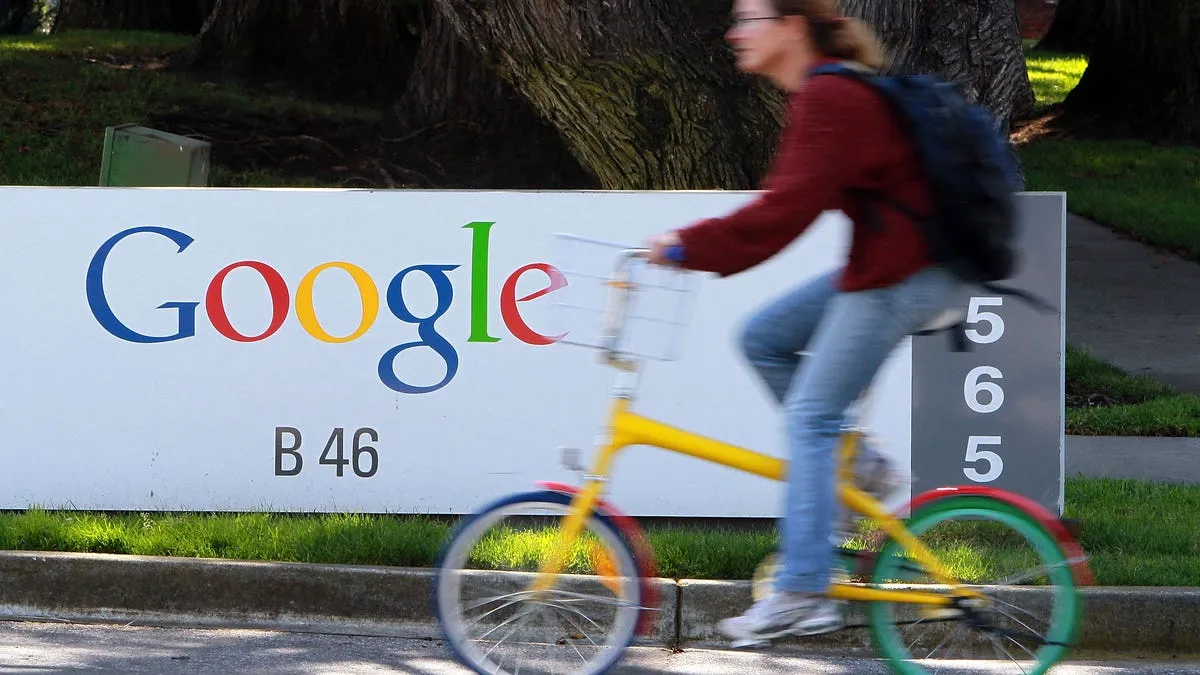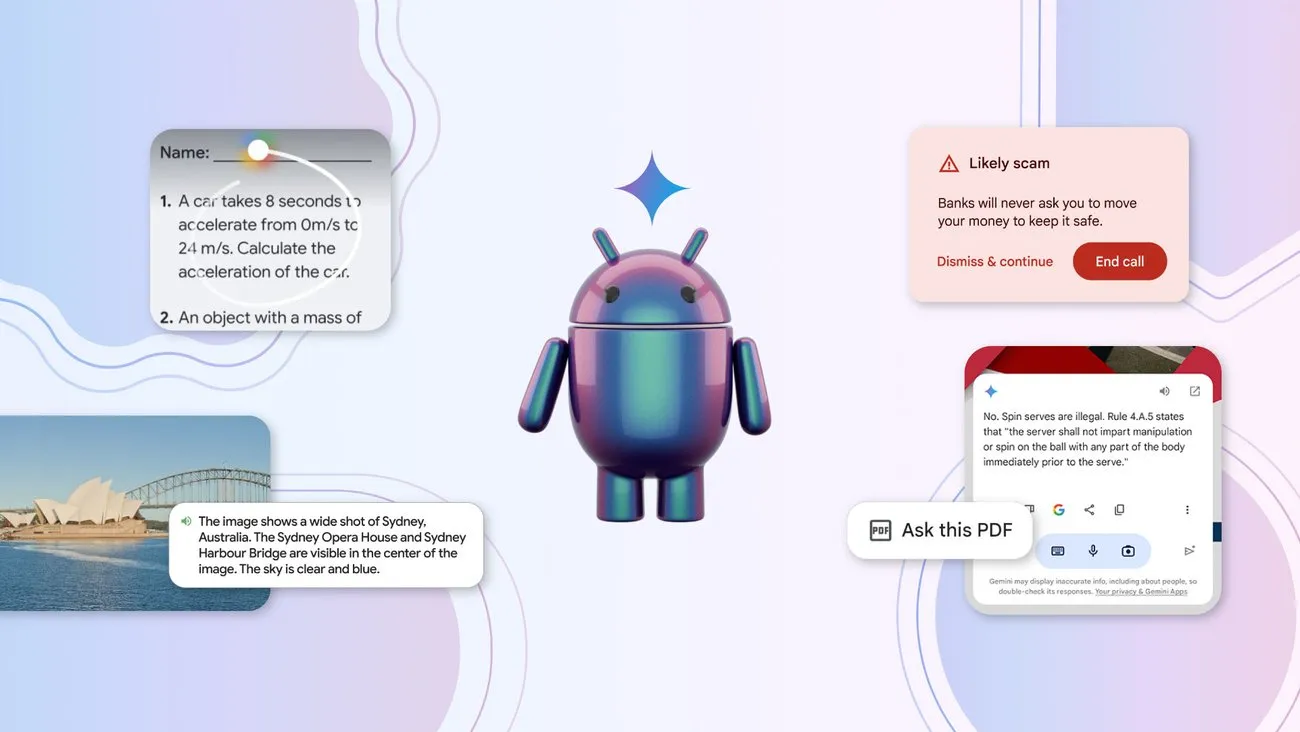In a digital age where our phones are cluttered with screenshots of dream destinations and must-visit eateries, Google has introduced a groundbreaking feature that promises to declutter our digital lives and streamline our travel planning. With the latest update to Google Maps, users can now transform their saved images into actionable travel plans with the simple act of uploading a screenshot. This innovative feature automatically scans the uploaded images, identifies the locations mentioned, and pins them directly onto Google Maps.

This functionality not only simplifies the process of tracking places of interest but also ensures that these details are easily accessible when planning trips. The convenience introduced by this feature signifies a leap towards more intuitive travel planning, harnessing the power of artificial intelligence to serve the needs of modern explorers.
Seamless Itineraries with Search and Gemini Integration
Beyond mapping, Google’s AI enhancements extend to its Search functionality. The new “AI Overviews in Search” feature is a testament to Google’s commitment to creating a seamless user experience. This tool works by generating comprehensive travel itineraries, incorporating elements such as transportation and accommodation options, directly from the search results.

Previously, Google’s Search provided a summary at the top of the search results, known as an AI Overview. This functionality has evolved significantly. Now, instead of merely guiding users to relevant websites, the AI Overview digs deeper, crafting tailored travel itineraries by sifting through vast amounts of online data. This integration of Search and Gemini showcases Google’s prowess in creating tools that anticipate the needs of users, offering them a smarter way to plan their travels.
Tracking Hotel Prices with Precision
The updates don’t stop at itinerary planning. Google has also refined its price-tracking features within Google Search, allowing users to monitor hotel prices in real-time. By engaging the price-tracking toggle found below the search filters, travelers can now receive updates on hotel pricing, similar to the existing service for flight prices. This feature ensures that users can plan their travels economically, making the best decisions based on timely and accurate price information.
A Marathon Sprint Toward AI Dominance
Google’s rapid advancement in AI technologies reflects a broader strategy that has been in place since 2016, when the company declared itself as AI-first. This approach has not only remained consistent but has also accelerated, with Google continuously enhancing its AI functionalities across its product range.
In a statement to Quartz, Google VP Sissie Hsiao emphasized the company’s dedication to AI, noting, “Since 2016, we’ve said Google is an AI-first company, and that won’t change. It’s essential to embrace this technology in order to stay competitive.” This commitment is evident in the continuous updates and integrations of AI across Google’s services, positioning the tech giant not only as a market leader but also as a formidable competitor against other major players in the industry like OpenAI.

As Google forges ahead with its AI-first agenda, the enhancements to Google Maps and Search are just the beginning of what promises to be a transformative journey in how we interact with digital tools in our everyday lives. With each update, Google not only enhances user convenience but also sets new standards for what is possible in the realm of AI-driven technology.










